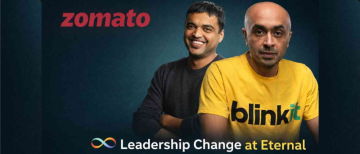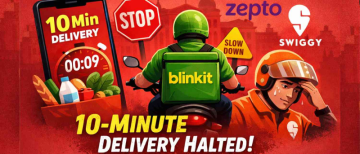People all over the world know Nestle as the brand name for healthy food for kids, but the company has been criticised for how it markets baby food in India. An investigation by the Swiss non-profit Public Eye (https://stories.publiceye.ch/nestle-babies/) recently found a troubling trend: Nestle's Cerelac baby cereals and Nido follow-up milk formulas in India have extra sugar in them, but the same products in developed countries don't have any sugar at all. This huge difference makes me very worried about how committed the company is to global health standards and how it might affect the health of millions of Indian children.
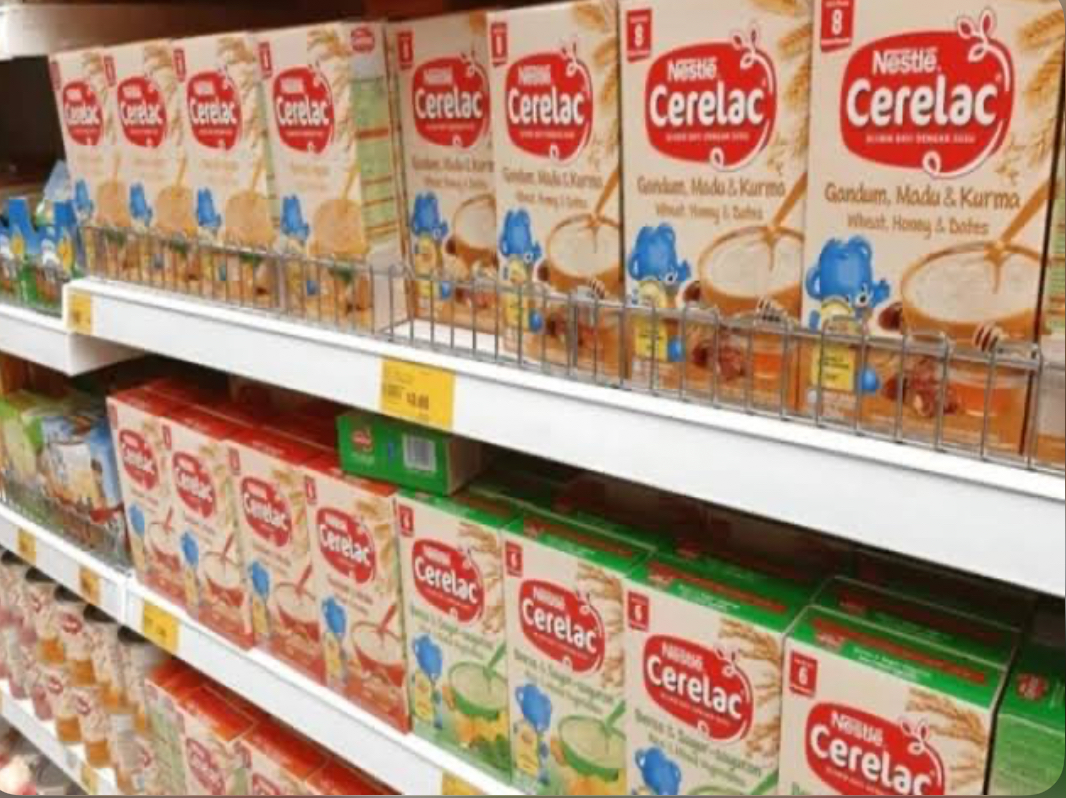
The Double Standard: cereals in India with sugar, and cereals in Europe without sugar
The study from Public Eye shows that Nestle's infant food sold in India has a lot more sugar than food sold in developed countries. All 15 types of Cerelac have an average of almost 3 grams of added sugar per serving in India, a country that is dealing with a rising rate of youth obesity and non-communicable diseases. In Germany, the UK, and Switzerland, sugar-free versions are easy to find, but this is very different. In countries like Ethiopia and Thailand, the sugar content in Cerelac is even higher, reaching nearly 6 grams per serving.The same thing happens with Nido milk formula; the amount of sugar in it varies by area.
This difference by area shows a troubling double standard. Nestle follows stricter health rules in developed countries, but it seems ready to break these rules in developing countries like India. This makes people wonder if the company puts making money ahead of protecting people's health.
Experts are worried about these actions. A doctor named Dr. Rodrigo Vianna says that kids should not start eating sugar until they are much older. Eating sugary foods as early as childhood can cause a lifetime addiction because they are so addictive. Following this increases the likelihood of developing diabetes, obesity, and other long-term illnesses later in life. These effects are especially frightening in poor countries because their health care systems may not be ready for an increase in these conditions.
Transparency issues include marketing that sugarcoats the truth
Another thing that the investigation shows is that Nestle's labelling methods are not clear. Nestle's product packaging often prominently displays essential vitamins and minerals, accompanied by adorable images of healthy children. However, the nutritional information often leaves out the important fact of how much extra sugar is in the food. This lack of clarity makes it hard for parents to decide if these goods are safe for their children's health.
A long-term plan for how a problem will affect your health
According to nutrition experts, adding sugar to baby food is not a good idea because it can be addictive and help kids form bad eating habits. Being overweight, getting type 2 diabetes, and having other long-term health problems can be more likely if you eat a lot of sugar when you are young. Advertising sweet baby foods may be bad for the health and well-being of the next generation, which is especially scary in places like India, where childhood hunger is still a big problem.
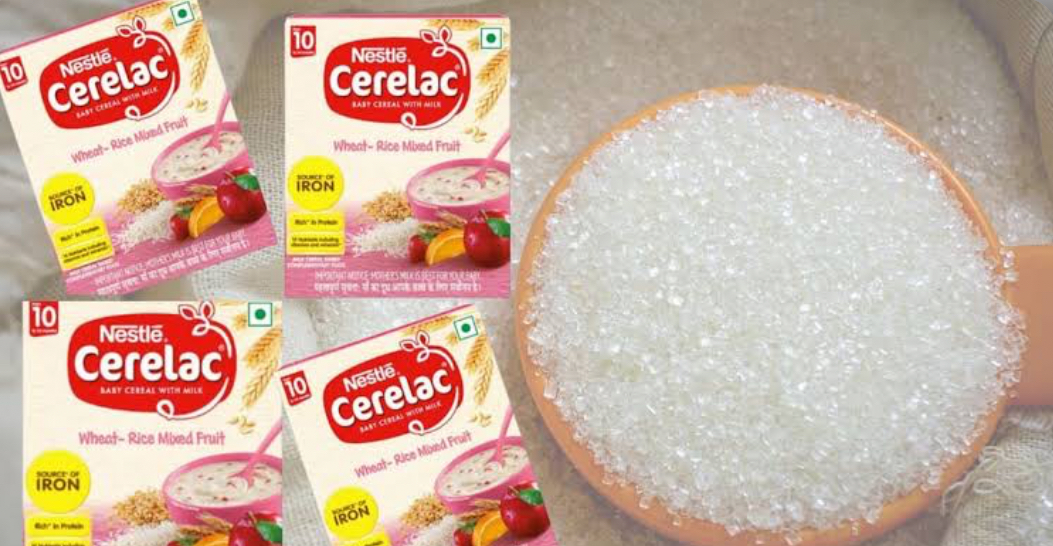
Response from Nestle: Promises and Some Progress
When asked about the claims, Nestle said that they have cut the amount of added sugar in all of their baby foods around the world for the past ten years and will continue to do so. However, the big differences between regions and the lack of specific data on the reductions made in emerging countries make people wonder if the company is really committed to using the same methods everywhere.
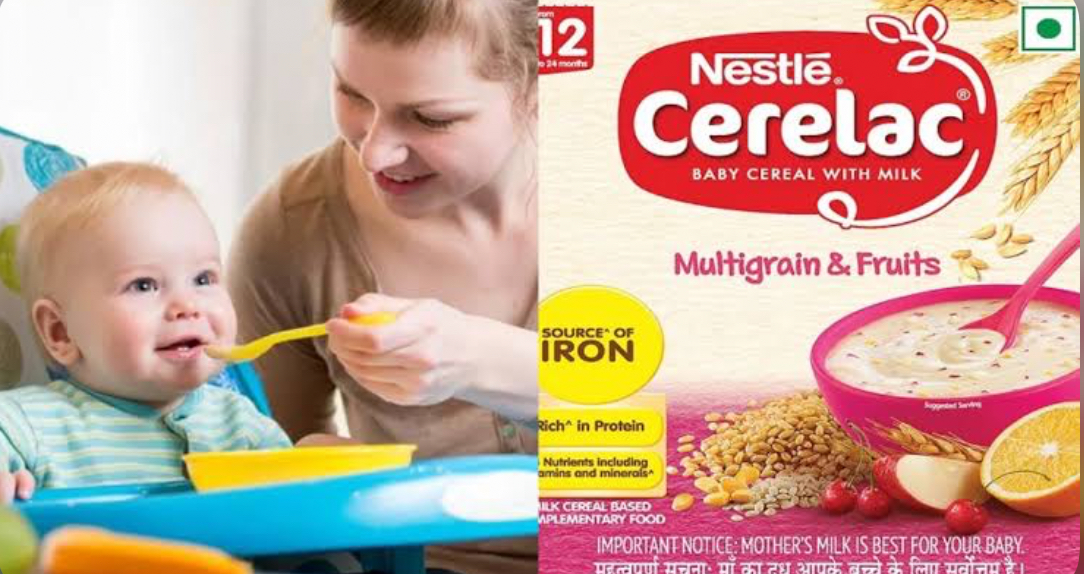
This controversy makes it clear that global companies in the food and drink business need to be looked at more closely, especially those that target weak groups like babies and young children. Regulatory bodies in developing countries must exert more effort to ensure adherence to international standards for infant feeding and the clarity of food labels. People can make smart choices about the food their kids eat by being more aware of campaigns that do just that.
What Customers Will Do and How They Will Do It From Now On?
As shown by the Nestle case, there need to be stricter rules right away about how baby food is sold and labelled. Children's health should be a top priority for government everywhere. One way to do this is to make it harder for companies to hide how much sugar is in their products and how they name them. To do this, it could be helpful to set clear sugar limits for different kinds of baby food and make sure that labels list all the ingredients, including any added sweets.

Customers are also critical for businesses to be responsible. If parents learn about what babies and toddlers should eat, they can make smart choices about what to feed their kids. Leaders in the baby food market can also get a strong message from people who buy from brands that are committed to doing business in an honest and moral way.
Stock price of Nestle
The stock price of Nestle India has dropped below its 100-day Simple Moving Average, which could mean that the stock's direction is changing. As of 9:30 a.m. Thursday, the price of the stock has changed by 0.78% and is now Rs 2526.2.
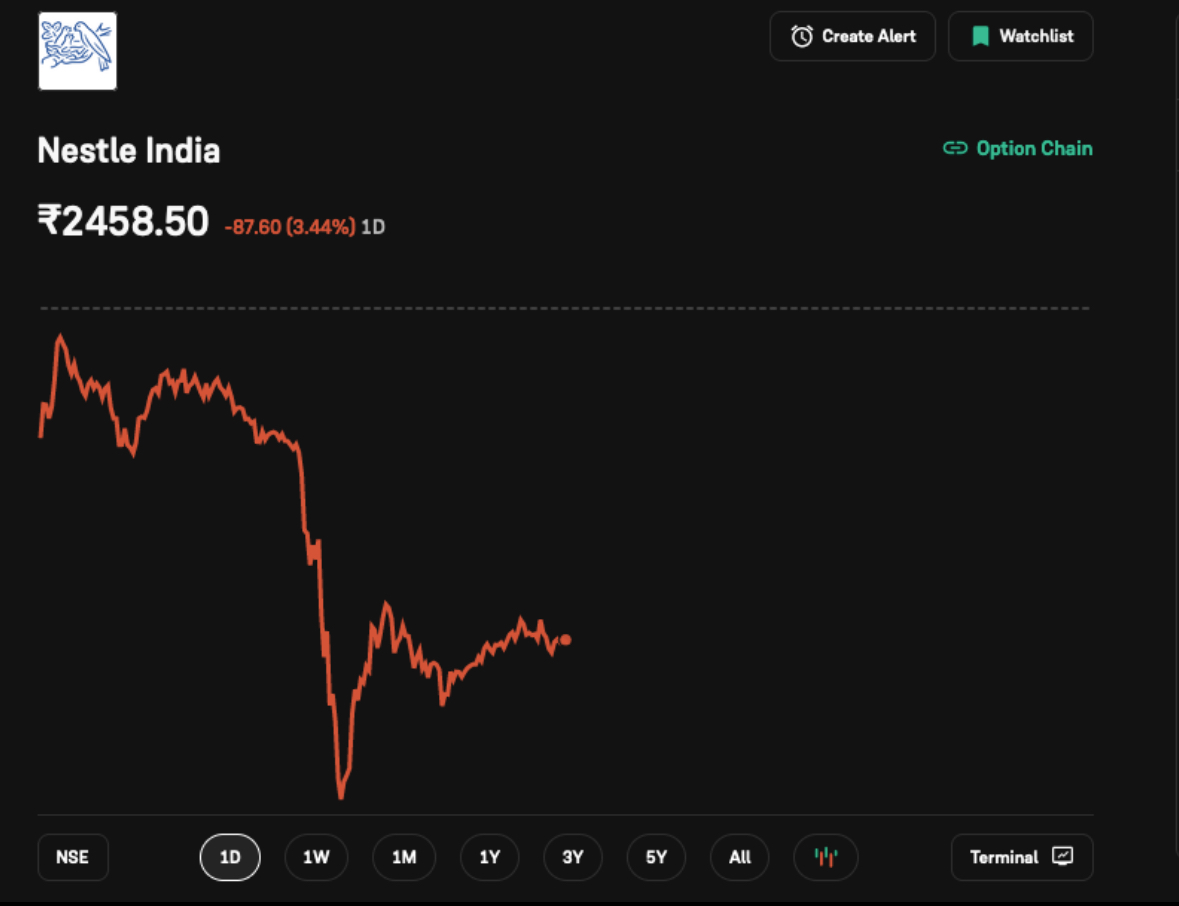
In the end,
Nestle's practices with baby food in India bring up important moral issues and show the dangers of applying different rules to different areas of global health. The company acknowledges the need for formula changes, but it must immediately pledge to prioritise children's health in all aspects. Regulatory bodies and consumers must work together to ensure that the next generation doesn't get a recipe for trouble that looks like important nutrition.
Image Source: Multiple Agencies/Public eye
Inputs from Agencies
© Copyright 2024. All Rights Reserved Powered by Vygr Media.








